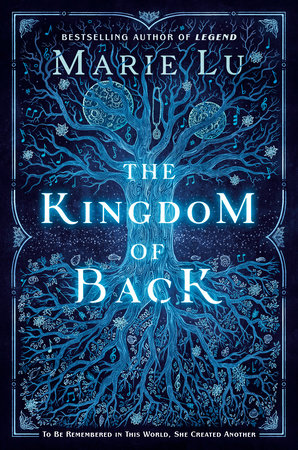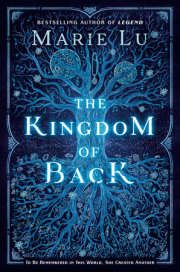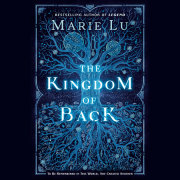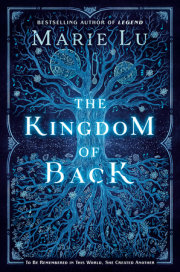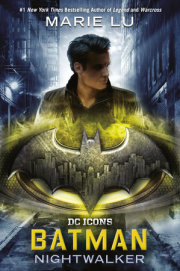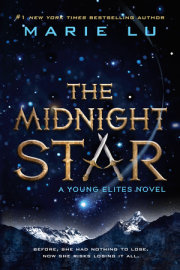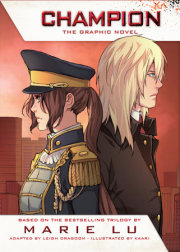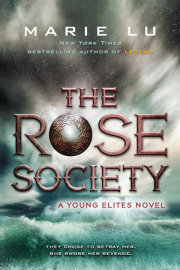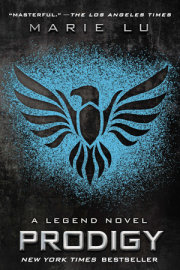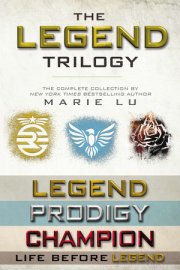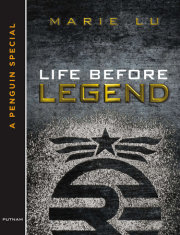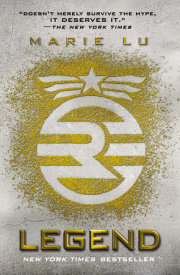SALZBURG, AUSTRIA
1759
MOZART BY THE OCEAN
Sometimes, a day comes along that seems possessed by a certain shade of magic. You know those moments. There is a peculiar pattern to the silhouettes of leaves quivering against the sunbeam on the floor. The dust in the air glows white, charmed. Your voice is a note suspended in the breeze. The sounds outside your window seem very far away, songs of another world, and you imagine that this is the moment just before something unusual happens. Perhaps it is happening right now.
My day of magic arrived on a bright autumn morning, when the poplar trees swayed against a golden city. I had recently turned eight years old. My brother, Wolfgang, was not yet four.
I was still playing through my exercises when Papa came through the door with Herr Schachtner at his side, the two of them discussing some matter or other about the archbishop, their hair blown wispy from the bustle of the Getreidegasse, the city’s main thoroughfare, on which our home stood.
I paused in the middle of my arpeggios and folded my hands in my lap. Even now, I can remember the uneven stitching of my blue petticoat, my white hands against black clavier keys, the skeleton leaves clinging to Herr Schachtner’s shoulders. His voice had been steeped in something rich and baritone. The scent of the street— wind and smoke and baked bread—lingered like a perfume on his coat.
My lips were rosy and dry. My hair stayed neatly curled behind my neck in loose dark waves, held back with pins. I was still too young to fuss over my appearance, so my mother had left me in a simple state.
“Herr Schachtner!” My mother’s voice sweetened with surprise at the sound of men in the room. She said this as if we were not expecting him at all, the esteemed court trumpeter of Salzburg, as if we had not planned everything in advance for his visit. “Such talk of the archbishop and the orchestra, it’s no wonder you and my husband are always tired. Sebastian,” she added, nodding at our manservant. “The Herr’s coat and hat.”
Sebastian hung up the court trumpeter’s belongings. They were finely made, velvet encrusted with gold lining, his hat made of beaver pelt and trimmed with lace. Beside them, my father’s coat appeared worn, the threads thin at the elbows. My eyes wandered to the hem of my mother’s dress—it was fraying, the color dull. We were the look of a family forever on the edge of respectable.
My father was too busy with our guest to pay me any mind, but Mama noticed the stiffness in my posture and the paleness of my cheeks. She gave me an encouraging glance as she passed me.
Steady, little one, she had said to me earlier in the morning.
You have practiced hard for this. Do not be nervous. I kept her words in mind and tried to loosen my shoulders. But Papa had timed their arrival a bit too early this morning. I had only played my scales so far. My fingers had not yet shaken the cold from their tips, and when I pressed down on the keys, they still felt as if they were somewhere far away.
My brother stayed mercifully out of sight today, hiding somewhere in our parents’ bedroom, no doubt up to some mischief. I hoped he would remain quiet until Herr Schachtner left, or at least until I finished playing.
The Herr gave Mama a warm smile that crinkled the edges of his mouth and molded his face into a pleasant sight. “Ah, Frau Mozart,” he replied, winking at her as he kissed her hand. “I always tell Leopold how lucky he is to have found the rare woman with a good ear.”
My mother blushed and thanked him for his kind words. Her skirts glided against the floor as she curtsied. “I can only claim my gifted ear from my father,” she told him. “He was a talented musician, you know.”
As she moved, I memorized the polite tilt of her head and the way she tucked a stray hair behind her ear. Somewhere in those movements must have been her true reaction to his statement, but her face remained as it always was, serene and secretive, sweet and mild. It was clear she pleased the Herr, because his grin broadened.
“Yes, God has blessed me in many ways,” my father said. His smile was coiled as tightly as my nerves. His eyes flashed in my direction, hard and glittering. “Nannerl inherits her good ear from her mother, as you’ll soon see.”
It was my unspoken cue. At my father’s words, I rose obediently from my bench to greet our guest. Papa disliked it when I curtsied without stepping away from the clavier or let my gaze wander anywhere that was not the floor. He said it made visitors think me a distracted and careless young lady.
I could not give Herr Schachtner any reason to find me rude.
Serene and sweet. I thought of Mama and tried to imitate the way she had lowered her head just so, the demure way she’d swept her skirts across the floor. Still, my curiosity stirred, and my eyes darted immediately to the court trumpeter’s hands, searching for proof of musical talent in the way his fingers moved.
Mama called for Sebastian to bring some coffee and tea, but Papa waved her off. “Later,” he said. It was best, perhaps, if the Herr did not see our porcelain set. I pictured the old saucers with their small chips, the teapot’s fading paint. Mama had begged him for a new one for proper company, but it had been ages since we had a reason to entertain such guests. Until today.
Copyright © 2020 by Xiwei Lu. All rights reserved. No part of this excerpt may be reproduced or reprinted without permission in writing from the publisher.

